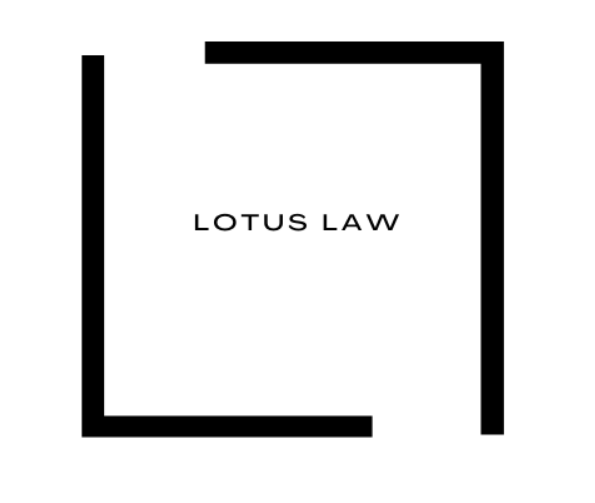
When selling your business, there are two primary methods used to structure the sale: an asset sale and a stock sale.
Asset Sale
Structure of Deal
In an asset sale, the buyer purchases specific assets and liabilities of the business rather than acquiring ownership interest or equity in the company itself. The buyer can select the assets it wants to acquire, such as equipment, inventory, intellectual property, contracts and goodwill of the company. The buyer can also take on the employees of the selling company, which involves the selling company terminating its employees so that the buyer can then hire the employees. The seller retains ownership of the legal entity (whether a corporation or a limited liability company) and continues to be responsible for any debts and liabilities of the company. The selling entity may continue to exist without the assets and liabilities that are sold. An experienced Denver business attorney will typically advise that the selling entity remain open for a period of time after closing of the sale in order to address liabilities of the company following closing and wind up business matters before dissolving.
Due Diligence
Completing due diligence of the assets to be acquired is important to ensure that all assets acquired are in good working order. Making sure that all intellectual property used in the business is owned by the company and does not infringe on the rights of others is especially important. It is also important to review all current contracts signed by the company to make sure they are assignable and can be terminated on at least 30 days advance notice in the event the buyer decides it no longer wishes to continue the contracts after closing. An experienced business lawyer in Denver can help with completing due diligence by reviewing the contracts and ownership of the intellectual property.
Tax Implications
In an asset sale, a portion of the purchase price is allocated between tangible assets (such as equipment, inventory and vehicles) and intangible assets such as the company’s goodwill. Tangible assets are typically subject to ordinary income tax rates while intangible assets are subject to capital gains tax. The buyer may get to step up the tax basis of the acquired assets to their purchase price. The step-up in basis can result in potential tax benefits for the buyer, such as higher depreciation deductions or lower future capital gains taxes upon the resale of the assets.
Stock Sale
In a stock sale, the buyer purchases the ownership interest or equity in the company such as shares of stock from the shareholders of a corporation. In this type of transaction, the buyer takes the place of the seller and therefore inherits all assets, contracts, licenses, intellectual property and employees, and assumes all liabilities and obligations of the company. Unlike in an asset sale, in a stock sale the parties do not need to allocate the purchase price between different classes of assets as the buyer is purchasing the equity in the company.
Due Diligence and Structure of Deal
Due diligence in a stock sale is especially important as the buyer is assuming all liabilities of the company, unless otherwise negotiated and agreed in the purchase and sale agreement. Comprehensive representations and warranties of seller as to the ownership and assignability of the stock, debts and liabilities of the company, employee matters and intellectual property ownership and non-infringement on third party rights are fundamental to ensuring that the seller will be responsible for any liability that arises following closing which makes any of the representations and warranties untrue.
To account for seller’s liabilities that accrue prior to closing of the sale but are not yet known, the buyer and seller can agree to set aside a percentage of the purchase price as a holdback, held in escrow, to cover any liabilities that materialize after closing but are the responsibility of the seller as they accrued prior to closing.
Tax Implications
In a stock sale, the difference in value between the sale price of the shares and the original cost of the shares or their adjusted basis is subject to capital gains tax. In a stock sale, unlike in an asset sale, the buyer does not get a step-up in the tax basis of the company’s assets.
Factors that affect the structure of business as an asset sale or stock sale include considering the liabilities of the company, tax implications for both buyer and seller, contractual obligations, employee matters, and preferences of both the buyer and seller. It is important to consult with a tax professional and an experienced business attorney to fully understand the implications of each structure. Reach out to Lotus Law, a business law firm in Denver, and speak with an experienced business lawyer regarding structuring the sale of your business.



